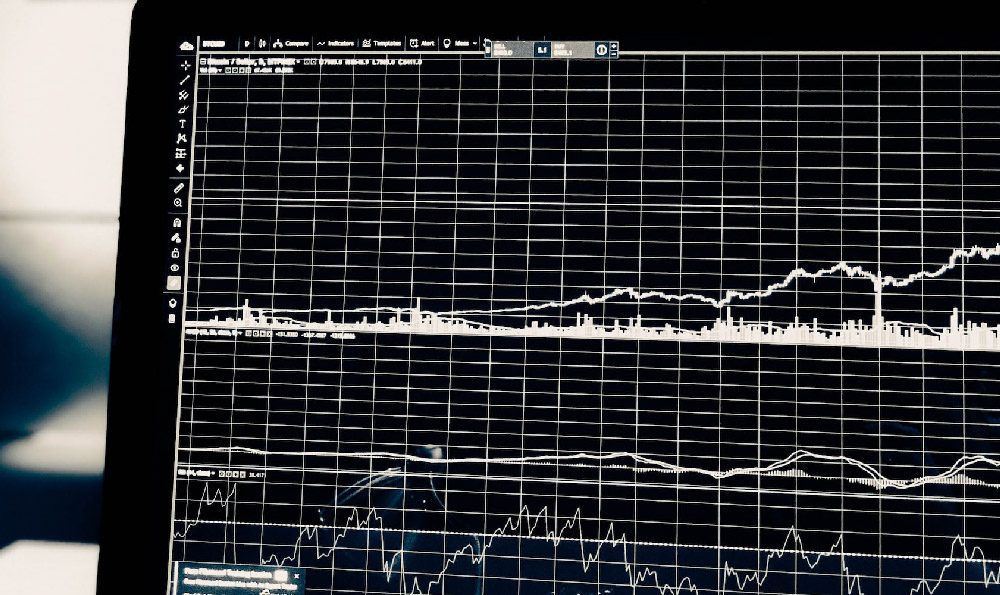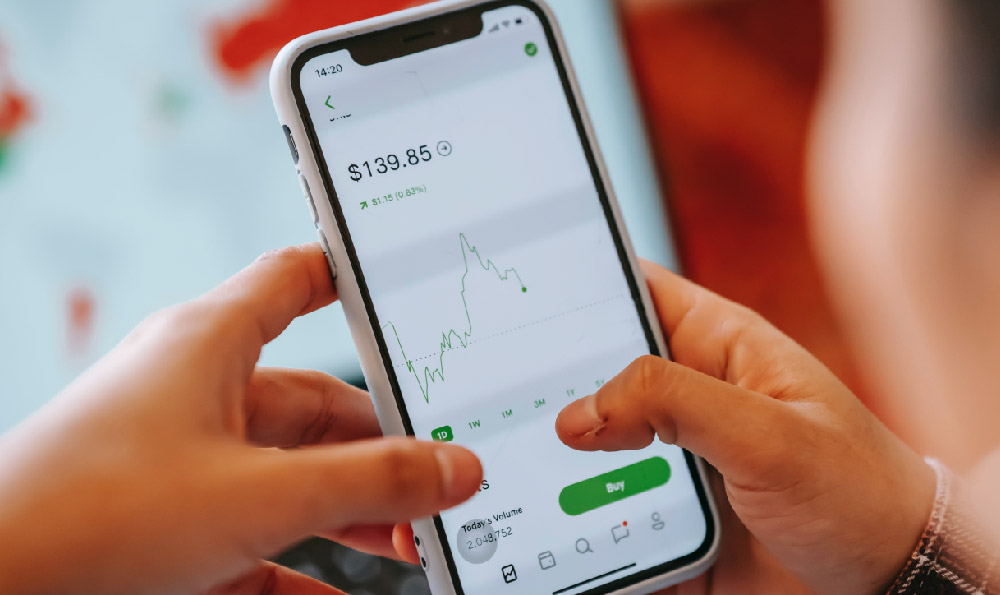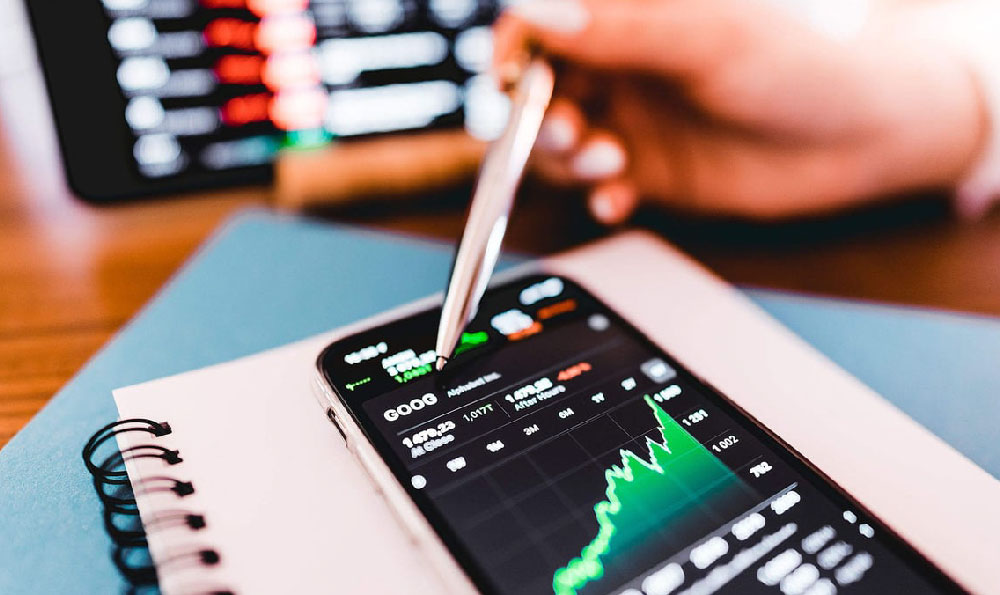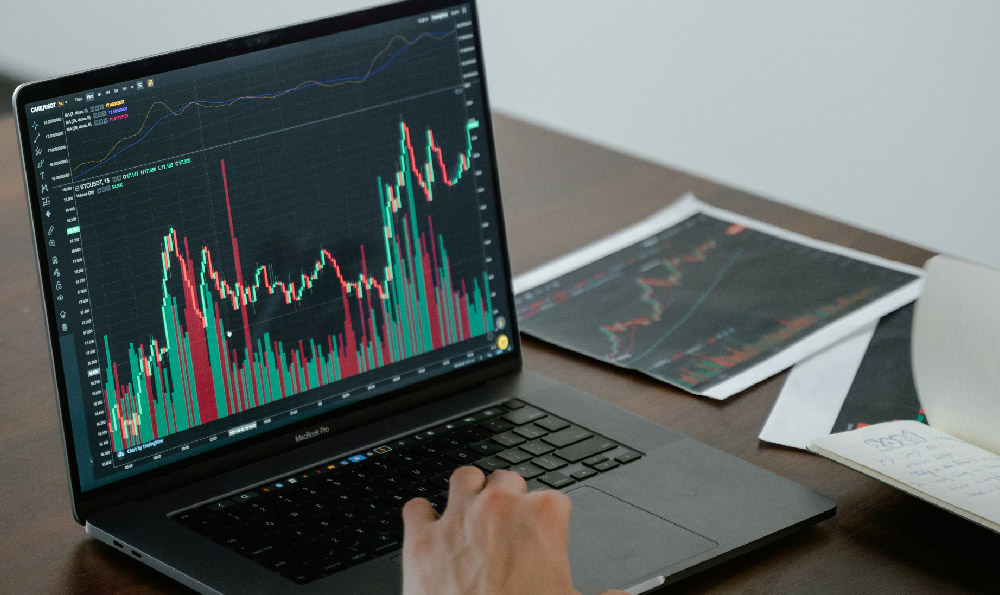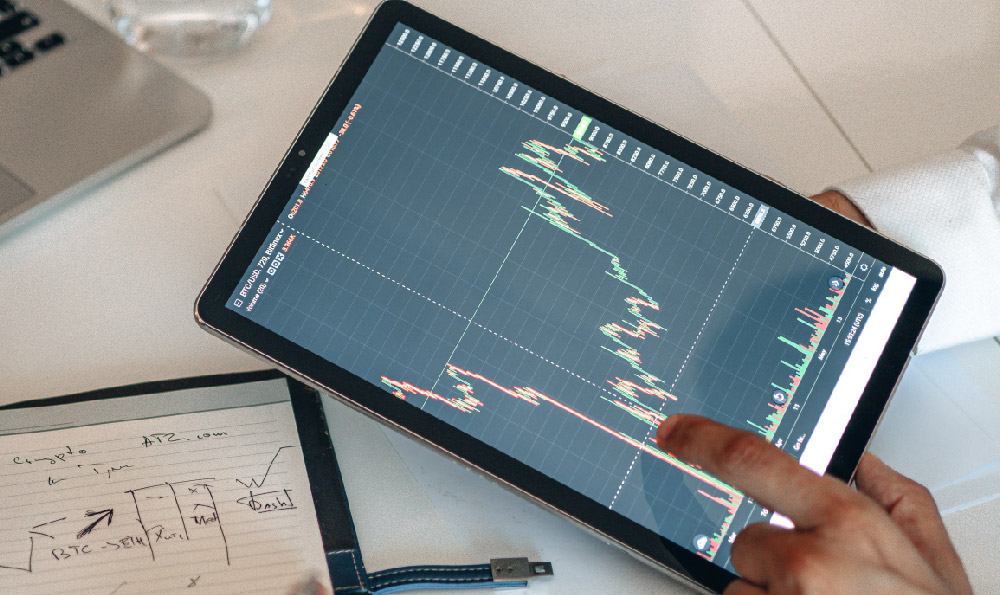Investing in foreign currencies, also known as forex trading, presents both enticing opportunities and considerable risks. Whether it leans towards being risky or rewarding largely depends on an individual's risk tolerance, knowledge, strategy, and the amount of time and effort they are willing to dedicate to understanding the complexities of the global currency market. This exploration delves into the nuances of forex trading, examining its potential rewards, inherent risks, and how a beginner can cautiously enter this dynamic financial arena.
The allure of forex trading lies in its potential for high returns. The currency market is the largest and most liquid financial market in the world, with trillions of dollars changing hands daily. This high liquidity ensures that traders can enter and exit positions quickly, potentially profiting from even small price movements. Furthermore, forex markets operate 24 hours a day, five days a week, allowing traders from around the globe to participate at their convenience. The potential for leverage is another significant draw. Brokers often offer high leverage ratios, meaning traders can control large positions with a relatively small amount of capital. This can magnify profits, but it also dramatically amplifies losses.
However, the potential rewards are counterbalanced by significant risks. Currency values are influenced by a multitude of factors, including macroeconomic indicators (such as inflation, interest rates, and GDP growth), geopolitical events, and market sentiment. Predicting currency movements accurately requires a deep understanding of these factors and their potential impact on exchange rates. Moreover, the high leverage offered in forex trading can quickly wipe out an account if not managed carefully. A sudden, unexpected market movement can lead to substantial losses that exceed the initial investment.

One of the primary risks is volatility. Currency markets can be highly volatile, especially during periods of economic uncertainty or geopolitical instability. Unexpected news releases or policy changes can trigger rapid and significant price swings, catching inexperienced traders off guard. Furthermore, different currency pairs exhibit varying levels of volatility. Some pairs, like EUR/USD, are relatively stable, while others, such as emerging market currencies, can be significantly more volatile. Choosing the right currency pair to trade is crucial and depends on the trader's risk tolerance and trading strategy.
Another significant challenge is the complexity of macroeconomic analysis. Successfully navigating the forex market requires a thorough understanding of global economics and how different countries' economies interact. This involves monitoring economic indicators, analyzing central bank policies, and staying informed about political developments around the world. It's not simply about technical analysis; it's about understanding the underlying forces that drive currency valuations.
For beginners interested in exploring forex trading, a cautious and well-informed approach is essential. Here’s a roadmap to getting started:
First and foremost, education is paramount. Before risking any real money, dedicate time to learning the basics of forex trading. This includes understanding key terminology (like pips, lots, and margin), different types of currency pairs, and the factors that influence exchange rates. Online resources, books, and courses are readily available to provide a solid foundation.
Secondly, choose a reputable broker. Select a broker that is regulated by a recognized financial authority, such as the Financial Conduct Authority (FCA) in the UK or the Securities and Exchange Commission (SEC) in the US. Regulation provides some protection against fraudulent practices and ensures that the broker adheres to certain standards of conduct. Consider factors like trading platform, spreads (the difference between the buy and sell price), commissions, and customer support.
Thirdly, open a demo account. Most brokers offer demo accounts that allow you to trade with virtual money in a simulated market environment. This is an invaluable opportunity to practice your trading strategies, familiarize yourself with the trading platform, and get a feel for the volatility of the forex market without risking any real capital. Spend ample time trading on a demo account until you are consistently profitable.
Fourthly, develop a trading plan. A well-defined trading plan is crucial for success in forex trading. This plan should outline your trading goals, risk tolerance, trading strategy, and money management rules. Determine which currency pairs you will trade, what technical indicators you will use, and when you will enter and exit trades. Crucially, define your risk-reward ratio and stick to it religiously.
Fifthly, implement strict money management rules. This is perhaps the most important aspect of forex trading. Never risk more than a small percentage of your trading capital on any single trade. A common rule is to risk no more than 1-2% of your account balance per trade. Use stop-loss orders to limit potential losses and take-profit orders to secure profits. Resist the urge to chase losses or over-trade.
Sixthly, start small. Once you are comfortable trading on a demo account, start trading with a small amount of real money. This will allow you to gain experience in a real market environment and build your confidence gradually. As you become more experienced and consistently profitable, you can gradually increase your trading size.
Seventhly, stay informed and adaptable. The forex market is constantly evolving, so it is important to stay informed about economic and political developments that could affect currency values. Be prepared to adapt your trading strategy as market conditions change. Continuously analyze your trades, identify your strengths and weaknesses, and learn from your mistakes.
Finally, control your emotions. Trading can be emotionally challenging, especially when dealing with losses. Avoid making impulsive decisions based on fear or greed. Stick to your trading plan and money management rules, and remember that losses are a part of trading.
In conclusion, investing in foreign currencies can be both risky and rewarding. The key to success lies in education, careful planning, strict money management, and emotional discipline. By approaching forex trading with caution and a willingness to learn, beginners can increase their chances of achieving their financial goals. However, it is important to acknowledge the inherent risks and to never invest more than you can afford to lose. Forex trading is not a get-rich-quick scheme, but with the right approach and dedication, it can be a valuable addition to a diversified investment portfolio.



